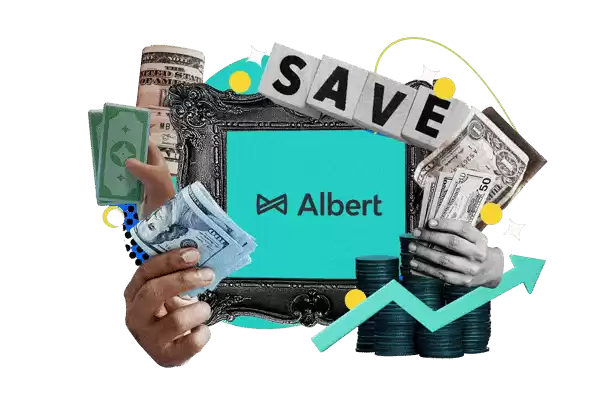Cryptocurrency has become a booming industry over the last several years, with many individuals and businesses trying to get in on the action. With virtual currency, there is excitement around its value and potential uses around the world, but it comes with some confusion for those who want to participate from a business perspective. Those currently or planning to provide services surrounding cryptocurrency may need a money transmitter license based on state or federal rules.
The current regulatory framework relating to cryptocurrency like Bitcoin is a gray area for both regulators and businesses. It can be difficult to determine if certain licensing requirements extend to virtual currency companies because laws have yet to be updated to include the new wave of money transactions around the world. However, recognizing what a money transmitter is – and is not – can help a business understand if a money transmitter license is necessary for their cryptocurrency business.
What is a Money Transmitter?
According to the Financial Crimes Enforcement Network, or FinCEN, a money transmitter is anyone who transmits money over certain thresholds for others as a normal part of doing business.
This may include individuals or business that:
- Process traveler’s checks
- Exchange or deal in currency, potentially including virtual currencies
- Cashing checks
- Process money orders
- Transmit money in other ways
Although the federal government has yet to provide clear direction on what may constitute a money transmitter when it comes to virtual currencies, certain requirements must be met should a business or individual perform any of the activities listed above. Those requirements include registering as a money transmitter with FinCEN, developing and implementing an anti-money laundering (AML) program, and meeting certain state requirements along the way.
Does My Business Qualify?
When it comes to dealing with virtual currency as part of everyday business activities, a money transmitter license may be necessary, even if the laws surrounding it are a little murky. Here are a few scenarios where a money transmitter guide may be required for you to operate your cryptocurrency currency business:
- Exchanging fiat currency for bitcoins, BitcoinSV or other virtual currencies for other types of virtual currencies, a money transmitter guide may be required
- Accepting virtual currency from one person for the purpose of sending it another individual or business, a license may be required
- Operating a business as a payment processor that accepts virtual currencies from customers, when payments are changed to fiat currency, a license is likely necessary
The best bet for those who are unsure if a money transmitter license is required for their virtual currency business is to check state requirements before conducting any business activities. Your state’s licensing agency will provide more direction on if a license is needed as a money transmitter, and the steps necessary to get a license if that is the case.
Related: 8 Best Crypto Savings Accounts
How to Get a Money Transmitter License for Virtual Currency
Getting a money transmitter license as a virtual currency business is not a simple task. It requires you to meet certain guidelines, including minimum net worth thresholds, business and personal financial documentation, submitting to a criminal or civil background check, and securing a money transmitter bond. Each part of the process can take time, but recognizing what is required by the state is the first step.
Once you know the state’s requirements, begin gathering the information you need to submit your money transmitter application. This will likely include documents like bank statements, balance sheet, and cash flow statement for the business. You may also need to provide details about the business structure you chose, the business location, and details on shareholders or owners of the business. Taking the time to put together an organized, accurate document list to submit with an application will save you time and money in getting your money transmitter license as a cryptocurrency business.
- Get spotted up to $250 without fees
- Join 10+ million people using the finance super app
- Banking with instant discounts on gas, food delivery, groceries and more
- Start investing, saving, and budgeting for free









